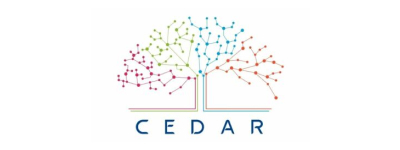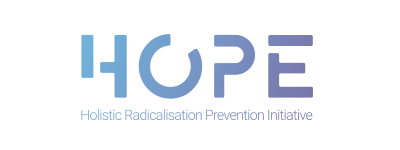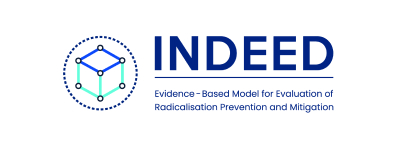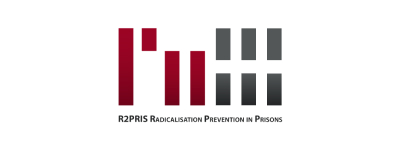
CEDAR
Continuing Education Against Radicalisation

Radicalisation and Violent Extremism Prevention in the Community
Timeframe
11/2021 – 10/2024 (36 months)
Get in touch

R2COM aims to foster and enhance the involvement of non-governmental organisations (NGOs) in preventing and countering violent extremism (P/CVE), especially in the follow-up/aftercare provision of newly released individuals. The initiative will pursue this by improving the competencies of NGOs’ professionals in the area with sustainable, tailor-made, and needs-oriented training programmes.
Hence, R2COM intends to improve the management of individuals prone to radicalisation by increasing the success of NGOs’ interventions. It will also promote cooperation and the establishment of dynamic synergies amongst NGOs in the EU and beyond.

Expand knowledge and comprehension on “what works” and “what does not work” in the involvement of NGOs in P/CVE.
Widen opportunities for knowledge, experiences, and expertise sharing between NGOs working in P/CVE.
Deepen the involvement of NGOs in P/CVE initiatives and follow-up/aftercare provisions.
Promote practices to adequately respond to the needs of NGOs’ professionals in P/CVE.
Produce reliable material to appropriately support and guide NGOs’ actions when working with at-risk individuals.
Establish a steady radicalisation risk screening tool, apt to be used by NGOs to assess individuals' “propensity towards engagement” into radical viewpoints/activities.
A comprehensive account of evidence-based knowledge and know-how towards capacitating and specialising NGOs’ professionals on reintegration and P/CVE.
Innovative and forward-looking knowledge and skill base to enhance NGOs’ professionals’ competencies on reintegration and P/CVE.
Optimised role of NGOs on P/CVE.
Achieve better handling of individuals vulnerable to radicalisation (and those who might already be radicalised) in community settings.

Continuing Education Against Radicalisation

Delivering a comprehensive approach to preventing, reporting, investigating and prosecuting hate crime and hate speech-related incidents in Portugal

Fostering Digital Democracy and Citizenship in Higher Education

Developing a European framework for disengagement and reintegration of extremist offenders and radicalised individuals in prison

Sentinels of the Future: Together to Eradicate Human Trafficking

Holistic Radicalisation Prevention Initiative (Balkan countries)

Law enforcement and community cooperation and training approach to prevent radicalisation by ensuring refugees’ successful inclusion

Strengthening a comprehensive approach to preventing and counteracting radicalisation based on a universal evidence-based model for evaluation of radicalisation prevention and mitigation

Integrated Community, Probation and Prison Services Radicalisation Prevention Approach

Identifying future capabilities for Community Policing

Multi-Ideological Radicalisation Assessment towards Disengagement

Participatory Approaches to Protecting Places of Worship

Partnership against Radicalisation in Cities

Radicalisation Prevention in Prisons

Radicalisation Prevention Competences’ Development Programme for Justice Professionals

Communitarian approach for a holistic young refugee long-term integration

Strengthening Judicial expertise and Frontline support to combat Child Trafficking

Safeguarding symbolic places of personal and religious development and freedom in Europe through a multi-stakeholder approach.

Restorative and victim-centred approach to mitigate hate and (violent) extremism

Integrated Exit Programme for Prisons and Probation